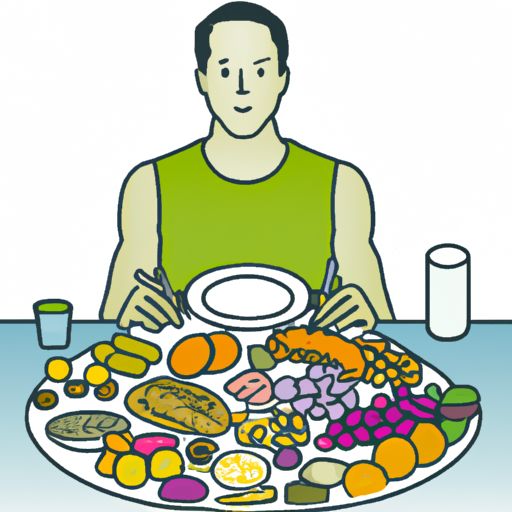The world of celebrities has always been associated with promoting different diet trends, and lately, the “one meal a day” diet (Omad) has been gaining popularity among them. Bruce Springsteen and Chris Martin are among those who follow it to manage their weight and stay fit. Omad is a form of extreme fasting diet, where a person consumes all their daily calorie intake in a single, large meal. Although there is limited research on its effects on the human body, claims about its benefits are primarily anecdotal.
The Science Behind Fasting Diets
Intermittent fasting and time-restricted eating are two other popular forms of fasting diets that have been studied in animals and humans. Research shows that different types of fasting can improve several aspects of metabolism, including reducing inflammation levels, regulating appetite, and improving blood sugar and cholesterol levels. Time-restricted eating can help manage weight, and one form of intermittent fasting known as the “5:2 diet” has shown some potential in weight management.
Results of the One Meal a Day Diet
Despite the limited research, one human study has been conducted on Omad, where participants consumed the same number of daily calories in a single meal or split into three meals for 11 days. The results showed that those who ate one meal per day had a greater reduction in body weight and fat mass. However, they also experienced more significant reductions in lean mass and bone density, which could lead to reduced muscle function and an increased risk of bone fractures if followed for a more extended period.
Although animal studies on Omad have produced conflicting results, with some showing that mice who ate one large meal a day gained more weight compared to those who consumed multiple meals. It is essential to conduct further research on Omad, with larger numbers of participants, in different groups of people, over a more extended period of time, and in a real-life setting.
It is worth noting that following Omad makes it challenging to meet daily nutritional requirements, especially for energy, protein, fiber, vitamins, and minerals, which could result in the loss of muscle mass, constipation, and poor gut health. Those who follow Omad will need to ensure that their single daily meal includes a good serving of protein, vegetables, nuts, seeds, fruit, and whole grains. They will also need a serving of dairy, such as milk or cheese, to meet their calcium and iodine requirements or a supplement or alternative if they are plant-based. Omad is not recommended for children, pregnant or breastfeeding women, and those at risk of eating disorders.
In conclusion, while the Omad diet may work for celebrities with access to nutritionists, high-quality diets, and supplements, it is not sustainable or advisable for most people. Further research is needed to determine the effects of Omad on the human body, and to identify its potential benefits and drawbacks.












